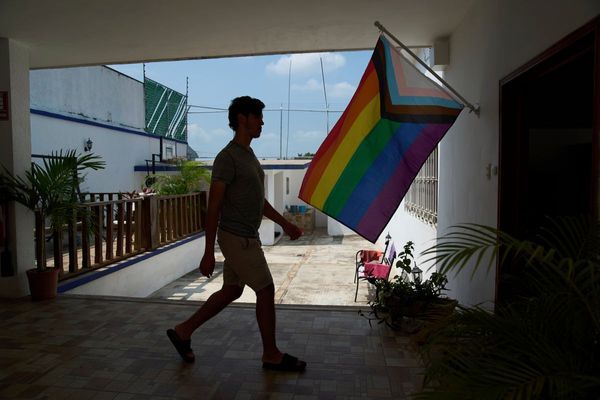
Russia's deputy chairman of the Security Council, Dmitry Medvedev, stated that the recent conversation between President Donald Trump and Russian President Vladimir Putin prevented a potential global catastrophe. Medvedev criticized the U.S. for assuming a dominant role in world affairs and engaging in a hybrid war against Russia, which he claimed nearly led to a catastrophic outcome.
Medvedev's remarks highlighted the need for American elites and the deep state to acknowledge their mistakes and avoid escalating tensions further. He warned of potential nuclear escalation if adversaries fail to recognize the importance of diplomacy and cooperation.
Following Trump's announcement of immediate peace talks with Putin, European leaders expressed concerns about the implications of such discussions. EU foreign policy chief Kaja Kallas emphasized the necessity of involving all relevant parties, including Europeans and Ukrainians, in any peace negotiations to ensure a sustainable and fair resolution.
NATO defense ministers echoed support for Ukraine and cautioned against hasty agreements that could undermine European security. Leaders from Lithuania, Estonia, and other European nations emphasized the importance of Ukraine's central role in determining its future and the need for a unified European stance in negotiations.



Russian presidential spokesperson Dmitry Peskov extended an invitation for international leaders, including Trump, to visit Moscow in May, signaling a willingness to engage in diplomatic dialogue. However, European leaders stressed the importance of direct EU and Ukrainian involvement in any peace agreement concerning Ukraine.
Ukrainian President Volodymyr Zelenskyy expressed readiness to negotiate a lasting peace, proposing a land exchange to resolve territorial disputes with Russia. Zelenskyy's discussions with both Trump and Putin underscored the complex diplomatic efforts aimed at achieving stability in the region.
In response to the evolving geopolitical landscape, European leaders emphasized the need for a unified approach that prioritizes Ukraine's interests and strengthens European influence in shaping the outcome of negotiations.







